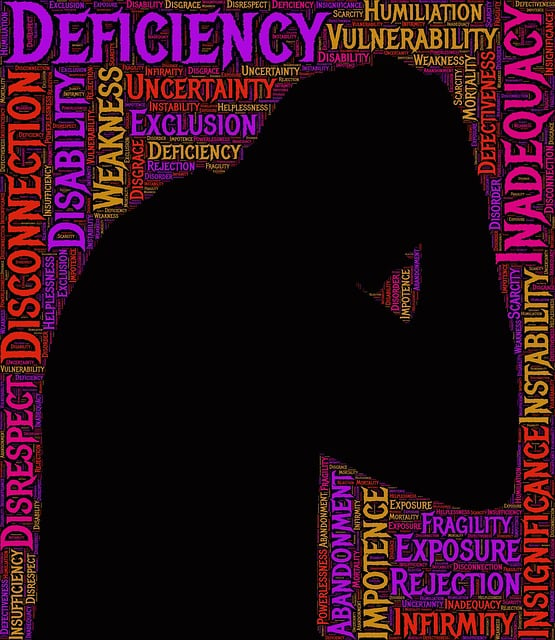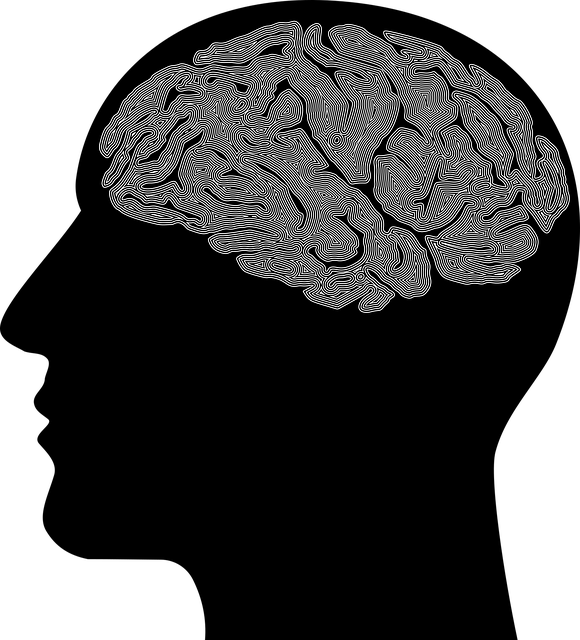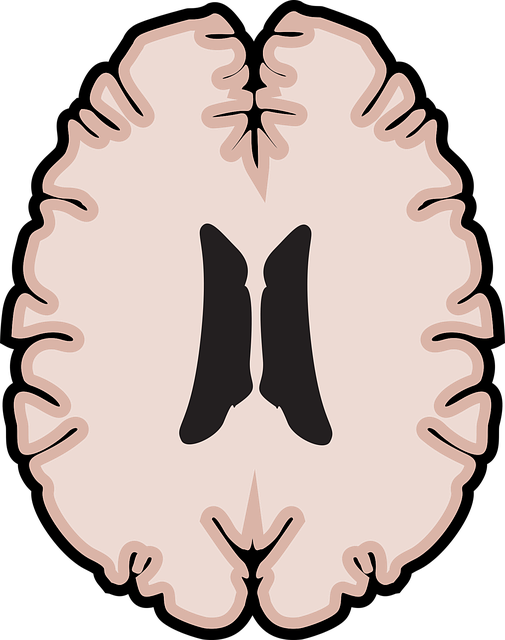Westminster Chronic Illness Therapy provides top-rated Crisis Intervention Team (CIT) training, focusing on immediate, effective mental health support during crises. Their programs integrate cultural competency and empathy building for personalized, culturally sensitive interventions. Through evidence-based practices, workshops, and simulations, they empower professionals to navigate complex scenarios, reduce stress, prevent depression, and coordinate care efficiently, addressing the intersection of chronic illnesses and mental health issues.
“In today’s fast-paced world, effective crisis intervention is vital for mental health support. Westminster Chronic Illness Therapy stands out as a leader in this field, offering specialized training programs that equip teams to handle critical situations. This article delves into the significance of Crisis Intervention Teams (CITS) and explores how Westminster’s expertise fosters better preparedness. We’ll examine the essential components of these training programs, highlighting why they’re crucial for communities. By understanding CITS, we can enhance our response to crises and improve overall well-being.”
- Understanding Crisis Intervention Teams: A Cornerstone of Mental Health Support
- Westminster Chronic Illness Therapy: Specializing in Crisis Team Training
- Essential Components of Effective Crisis Intervention Team Training Programs
Understanding Crisis Intervention Teams: A Cornerstone of Mental Health Support

Crisis Intervention Teams (CITs) are a critical component of mental health support systems, providing immediate and effective assistance during moments of crisis. These teams, often composed of specialized healthcare providers, law enforcement officers, and other professionals, play a pivotal role in de-escalating high-risk situations. At Westminster Chronic Illness Therapy, we recognize the importance of CITs in ensuring that individuals experiencing severe mental health crises receive compassionate and culturally sensitive care.
Empathy building strategies and cultural competency training are essential elements within these programs, fostering strong relationships between healthcare providers and clients from diverse backgrounds. The ability to offer support with cultural sensitivity in mental healthcare practice is paramount, as it not only enhances the effectiveness of interventions but also promotes a sense of safety and trust. By integrating Healthcare Provider Cultural Competency Training into CIT programs, we aim to prepare our professionals to navigate complex scenarios, ensuring that every individual receives personalized care tailored to their unique needs and cultural context.
Westminster Chronic Illness Therapy: Specializing in Crisis Team Training

Westminster Chronic Illness Therapy stands out as a leading provider of crisis team training programs, meticulously designed to equip professionals with the skills needed for effective intervention. Their expertise lies in tailoring solutions that address the complex interplay between chronic illnesses and mental health crises, a niche they’ve expertly carved in the field of Mental Health Policy Analysis and Advocacy. By delving into evidence-based practices, the therapy center ensures that participants gain practical knowledge applicable to real-world scenarios, fostering a culture of resilience and prompt action during emergency situations.
The programs not only focus on depression prevention but also emphasize stress reduction methods, recognizing their pivotal role in crisis management. Through interactive workshops and simulations, professionals learn to navigate challenging conversations, provide immediate support, and coordinate care effectively. Westminster Chronic Illness Therapy’s commitment to staying at the forefront of mental health research translates into dynamic training sessions that resonate with participants, empowering them to make a tangible difference in individuals’ lives during crises.
Essential Components of Effective Crisis Intervention Team Training Programs

Effective crisis intervention team (CIT) training programs are multifaceted and crucial for fostering a supportive environment, especially in communities grappling with mental health challenges, such as those offered by Westminster Chronic Illness Therapy. A robust CIT training should encompass several key components to ensure its success.
Firstly, these programs must prioritize mental health awareness education, equipping team members with the knowledge to recognize signs of distress and differentiate between various crises. This includes understanding common psychological disorders and their manifestations. Additionally, incorporating emotional intelligence training enables team members to empathize, communicate effectively, and build rapport with individuals in crisis, fostering a safe and non-judgmental space. Furthermore, teaching mood management strategies allows team members to assist clients in regulating their emotions and providing appropriate coping mechanisms tailored to individual needs. Through role-playing scenarios and interactive workshops, trainees can develop practical skills for de-escalation, crisis resolution, and post-crisis support, ensuring a comprehensive CIT training experience.
Crisis intervention team training programs, such as those offered by Westminster Chronic Illness Therapy, play a pivotal role in equipping professionals with the skills to navigate and de-escalate mental health crises. By focusing on key components like communication, assessment, and crisis management techniques, these training programs ensure that teams are prepared to provide effective support. Investing in comprehensive crisis intervention team training is essential for enhancing patient outcomes and fostering healthier communities, making it a critical component of modern mental health care.














